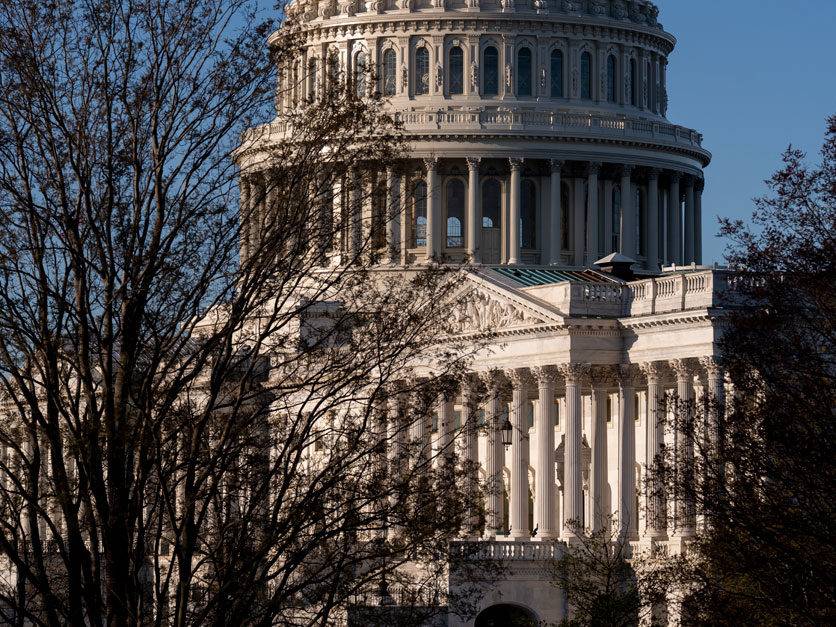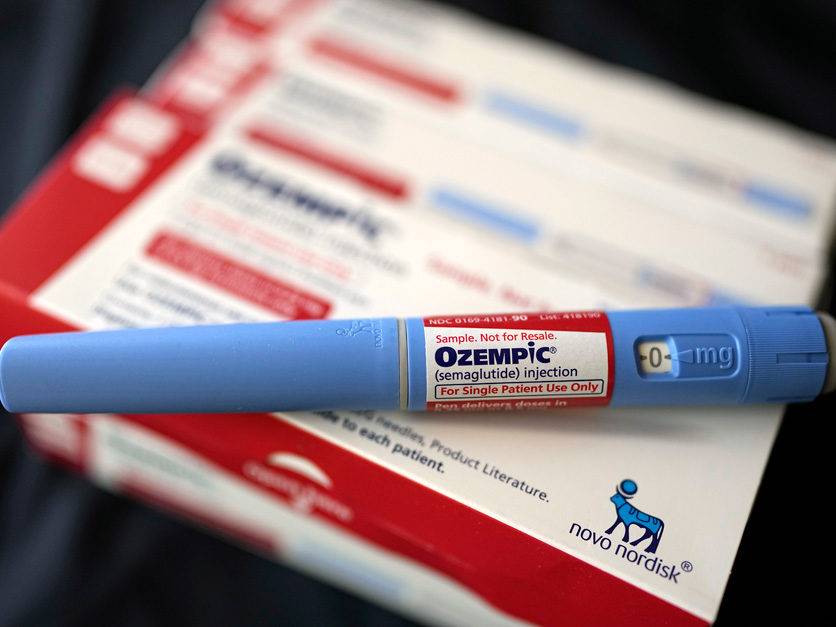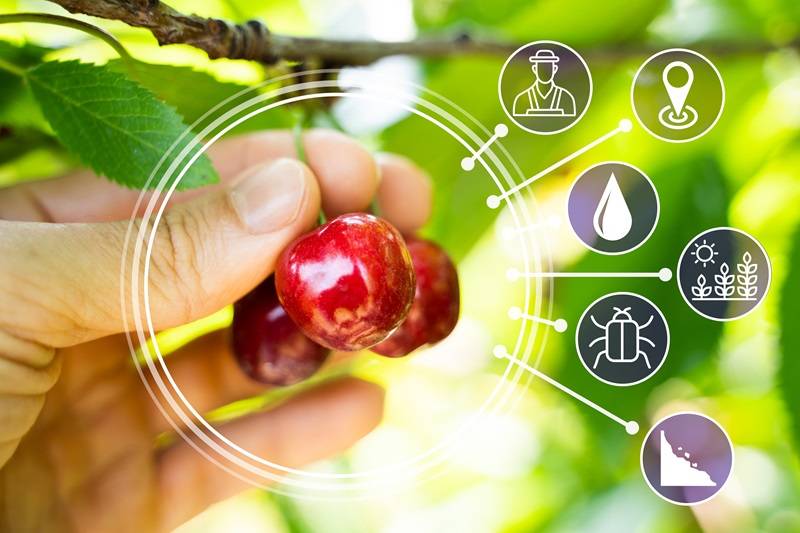The House recently rejected a stopgap spending bill that would have included a debt limit increase demanded by President-elect Donald Trump, as well as economic assistance for farmers. The bill failed to pass with a vote of 174-235, as some Republicans joined Democrats in opposition. The bill needed a two-thirds majority to pass under a fast-track process.
House Minority Leader Hakeem Jeffries criticized the bill, calling it “laughable” after the House GOP released it as a replacement for a previous version that was derailed by criticism from Elon Musk. The bill aimed to fund the government through March 14, but faced opposition from hardline fiscal conservatives who were concerned about increasing the debt limit without spending discipline.
House Agriculture Committee Chairman Glenn “GT” Thompson supported the bill, highlighting the $10 billion in emergency economic aid for agriculture to address losses due to weather and market-related issues. However, some Republicans and Democrats expressed concerns about the lack of spending discipline in the bill.
The legislation included $100 billion in disaster assistance and $10 billion in agricultural market relief. It also featured a one-year extension of the 2018 farm bill but did not include funding for smaller expired programs. Additionally, a provision for year-round sales of E15 was dropped from the bill, which drew criticism from the ethanol industry.
President Trump and Elon Musk both voiced support for the bill, emphasizing its importance for funding farmers and providing relief for those impacted by natural disasters. However, Rep. Steny Hoyer criticized the inclusion of a debt limit increase, suggesting it was aimed at benefiting wealthy individuals.
Ethanol industry groups expressed disappointment over the removal of the E15 provision, stating that it would harm farmers and rural communities that rely on American bioethanol. Despite the bill’s failure to pass, discussions are ongoing to address the funding and relief measures included in the legislation.
In conclusion, the recent developments surrounding the stopgap spending bill highlight the challenges of reaching bipartisan agreement on important economic issues. The debate over spending discipline, debt limits, and assistance for farmers underscores the complexities of government funding and relief efforts in times of crisis. As policymakers continue to negotiate, it is crucial to prioritize the needs of American farmers and communities while maintaining fiscal responsibility.




